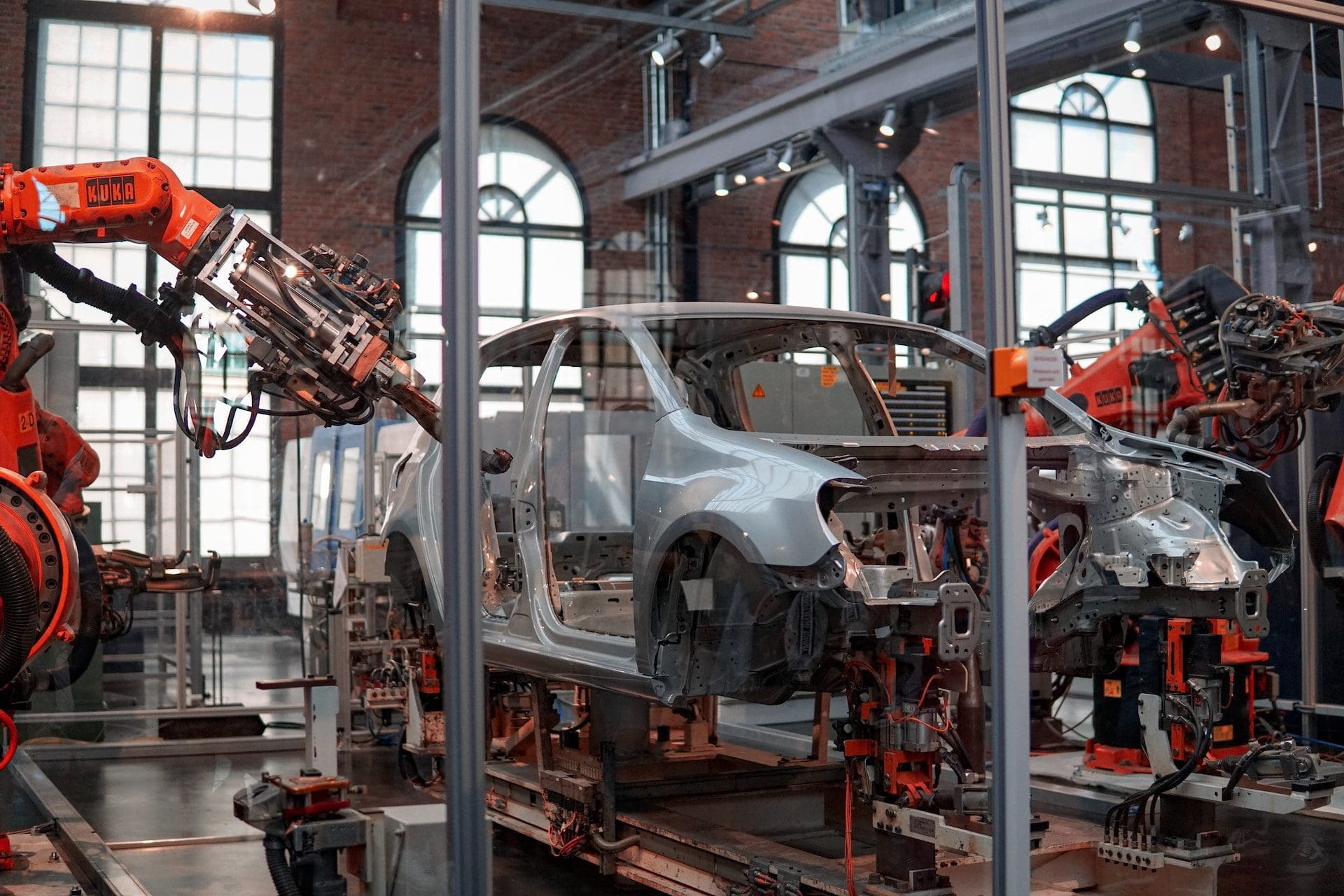By Leigh Thomas
See original post here.
More than a quarter of jobs in the OECD rely on skills that could be easily automated in the coming artificial intelligence revolution, and workers fear they could lose their jobs to AI, the OECD said on Tuesday.
The Organisation for Economic Co-operation and Development (OECD) is a 38-member bloc, spanning mostly wealthy nations but also some emerging economies like Mexico and Estonia.
There is little evidence the emergence of AI is having a significant impact on jobs so far, but that may be because the revolution is in its early stages, the OECD said.
Jobs with the highest risk of being automated make up 27% of the labour force on average in OECD countries, with eastern European countries most exposed, the Paris-based organisation said in its 2023 Employment Outlook.
Jobs at highest risk were defined as those using more than 25 of the 100 skills and abilities that AI experts consider can be easily automated.
Three out of five workers meanwhile fear that they could lose their job to AI over the next 10 years, the OECD found in a survey last year. The survey covered 5,300 workers in 2,000 firms spanning manufacturing and finance across seven OECD countries.
The survey was carried out before the explosive emergence of generative AI like ChatGPT.
Despite the anxiety over the advent of AI, two-thirds of workers already working with it said that automation had made their jobs less dangerous or tedious.
“How AI will ultimately impact workers in the workplace and whether the benefits will outweigh the risks, will depend on the policy actions we take,” OECD Secretary General Mathias Cormann told a news conference.
“Governments must help workers to prepare for the changes and benefit from the opportunities AI will bring about,”
he continued.
Minimum wages and collective bargaining could help ease the pressure that AI could put on wages while governments and regulators need to ensure workers rights are not compromised, the OECD said.




















